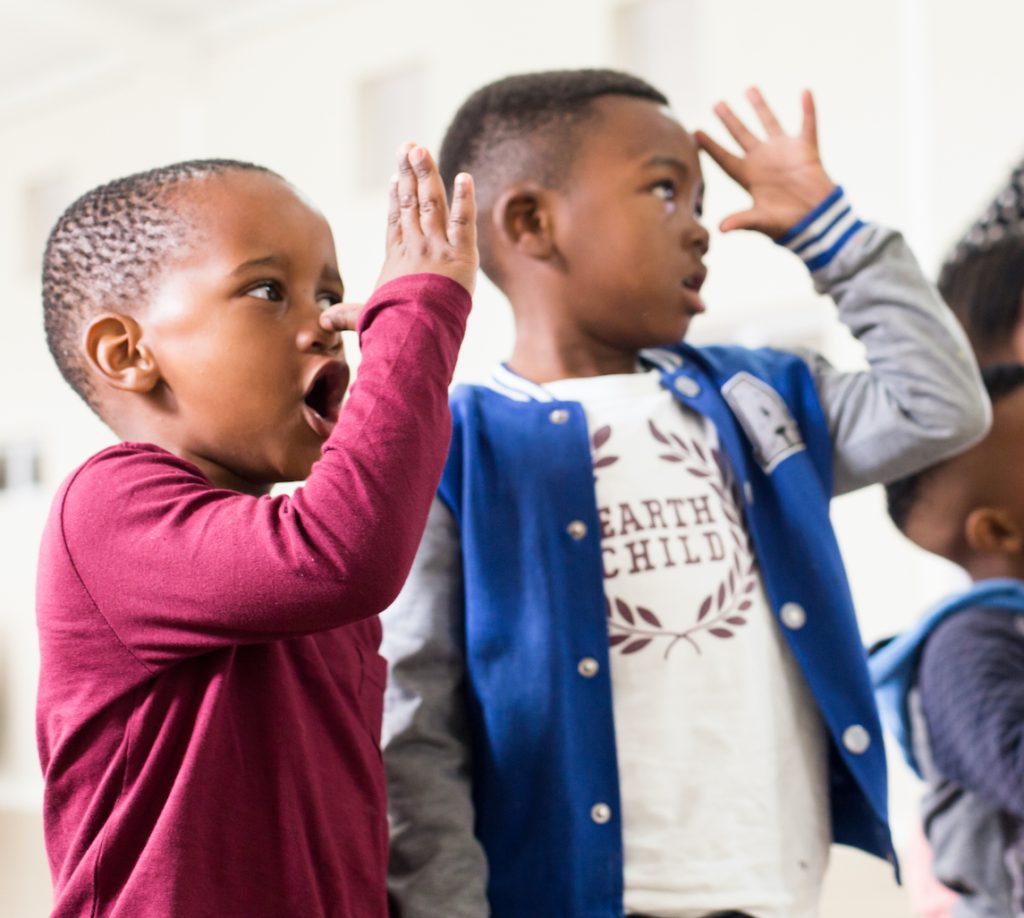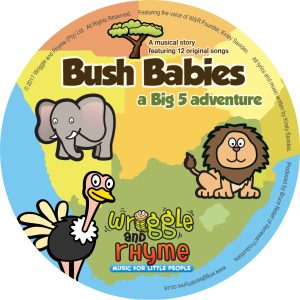What a rollercoaster of emotions the past 12 months have been! On so many levels! As a country, we’ve experienced the highs and lows that this LOADSHEDDING season has thrown at us. And it really has been up and down!
An emotional rollercoaster
We don’t have to think for long to see that there have been unusual levels of anxiety and stress. Even if our homes aren’t feeling particularly stressful, we’re living in a fog of global stress.
This stress affects us as parents, and in so doing, rubs off onto our children.
And, it’s no use denying the stress. As much as I’m a very positive person, real comfort can’t be found in empty statements with no substance – “don’t worry, everything will be okay” doesn’t really help me.
Maybe I am worried and what certainty can you give me that everything will be okay?
So, how do we (and in helping ourselves, help our children to) acknowledge our emotions, manage our stress and regulate our responses?
Emotional intelligence

I think one of the keys here is building EMOTIONAL INTELLIGENCE.
Here’s a definition:
“Emotional intelligence (otherwise known as emotional quotient or EQ) is the ability to understand, use, and manage your own emotions in positive ways to relieve stress, communicate effectively, empathize with others, overcome challenges and defuse conflict.
I can only imagine
Imagine a world where we all are able to use that kind of EQ effectively in managing our day-to-day lives and interactions with others.
Imagine a world where our connections were defined by effective EQ. Whether in line at the grocery store, or driving in the traffic, or responding to an assertive colleague, or wrestling out differences in our family life.
The positive and functional relationships that would result would be amazing!
Breaking it down
If the keys to developing EQ are UNDERSTANDING, USING and MANAGING emotions, then we’re going to need to learn to identify and communicate how we’re feeling.
We’re then going to need to pause and reflect on how our emotions are affecting the situation / interaction that we’re in.
Then, we’re going to need tools to help us respond in a helpful way.
A practical example where music can help
In young children, emotions often ride high in struggling to compromise or share. This causes them to feel sad or angry, and can lead to an aggressive or anti-social response.
In our Wriggle and Rhyme Pre-Schools programme, we introduce our very own ROCKY the RHINO to the children. ROCKY uses his horn to charge at other animals when he’s feeling cross or threatened.

We encourage the children to communicate how they’re feeling but also to think of other ways to respond to these emotions.
These ways will become habits and equip them to deal with their emotions. Positive dealings won’t cause damage in their relationships or allow them to lash out in aggression.
If you want to introduce your child/ren to ROCKY, you can meet him on our MUSICAL ADVENTURE, BUSH BABIES.
 This can be streamed on your favourite streaming service – iTunes, Apple Music, Spotify etc.
This can be streamed on your favourite streaming service – iTunes, Apple Music, Spotify etc.
More info can be found here – http://www.wriggleandrhyme.co.za/our-music
Musical resources
Wriggle and Rhyme has a range of musical stories which you can access on your favourite streaming service (Apple music, Spotify, iTunes, etc.) or take a look at www.wriggleandrhyme.co.za/our-music .
We also have fun, musical episodes on our YOUTUBE channel “Wriggle & Rhyme SA”.
Our baby and toddler music classes are available in Cape Town – RONDEBOSCH, CLAREMONT, MELKBOSSTRAND and MEADOWRIDGE.
Our pre-school music classes take place at partner pre-schools across Cape Town too.
Find us at www.wriggleandrhyme.co.za or on Facebook and Instagram @wrigglerhyme #wrigglerhyme
- It’s the most wonderful time of the year! - December 3, 2025
- 17 Years of Singing, Shaking & Smiling – A Momtrepreneur’s Musical Milestone! - October 6, 2025
- The surprising secret to building brains: it starts with a song! - August 21, 2025





